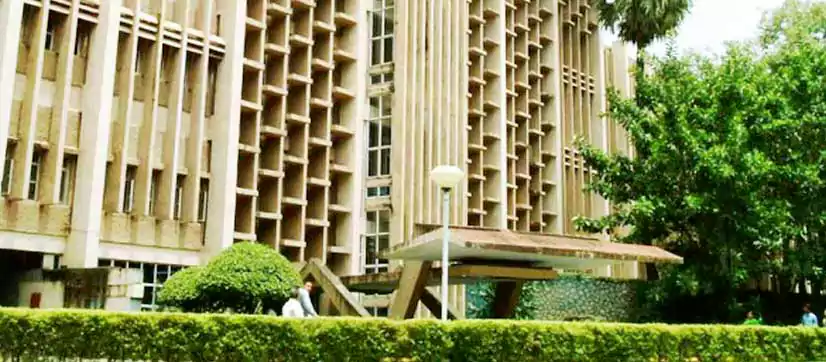- COLLEGE CODE - 511
- Circulars
- Fee Payment
The Gateway to the Knowledge
Citadel of Countless Opportunities

IIT Bombay has a belief that every Indian learner deserves to be given a chance to have the highest quality education. Scarcity of trained teachers critically hinders this national desire. MHRD via IIT Bombay envisions empowerment of teachers, through workshops conducted for thousands of teachers at on go, using a unique blend of technology and an innovative pedagogy. For achieving this IIT Bombay has launched various workshops and projects.
GL Bajaj is proud to be a part of this collaboration as it has been authentically confirmed as a remote centre of IIT Bombay. It is one among 248 remote centre’s all over India responsible for being part of the workshops conducted by IIT Bombay.
T he course is modeled after the Engineering Physics curriculum recommended by AICTE. The course consists of several basic areas of physics with emphasis on applications of principles of physics
The topics covered in this STTP include:
The topics covered in this STTP include:
The topics covered in this STTP include:
The topics covered in this STTP include:
Course planningThe content for the computer programming subject, covered by the blended MOOC later are:
The topics covered in this workshop include:
The content for the Computer Networks subject, covered by the blended model are:
Essentials of Engineering Mechanics:
This STTP includes:
Objectives
Topics covered in the workshop are:
Topics in the workshop include:
Topics in the workshop include:
If you feel that pedagogy, ambience, atmosphere, content of teaching learning can be improved then feel free to suggest us
© Copyright 2025 by GL BAJAJ, MATHURA. All Rights Reserved.
